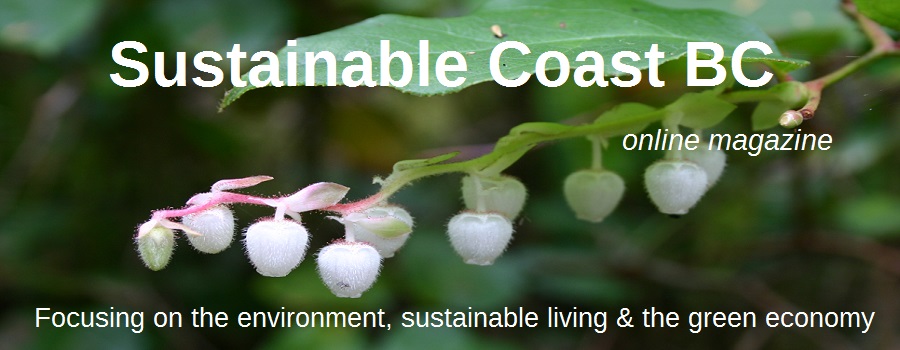Transitioning
- Details
- Category: Uncategorised Uncategorised
- Published: 08 July 2011 08 July 2011
It doesn’t seem that big a deal when you first read the story on B2 of July 5’s Vancouver Sun under the heading ENBRIDGE,TRANSCANADA LEAKS DOMINATE SAFETY BOARD CASES. It outlines 100 different oil and gas pipeline leaks over two years, three quarters of which were the fault of Enbridge and TransCanada. Until you get near the end.
“A US environmental group said that the incidents suggest a risk of catastrophic leaks, particularly for the Keystone pipeline, which is already having problems in its first year of delivering oil sands crude." (emphasis mine)“While these problems have been minor, they just go to show that a lot of risks … are long term”, said Anthony Swift, a policy analyst from the Natural Resources Defense Council, who authored a report suggesting that there was a risk of major spills because of the composition of oil sands crude.
“These are sort of the canary in the coal mine so to speak. When the canary dies, it’s not a big deal but it suggests that a bigger problem is afoot”.
That is putting it mildly.
The problem is two fold – the likelihood of a spill and the consequences that flow (literally) from it.
The likelihood of a spill on land or at sea is absolute. We must understand this – get our heads around it. If a risk is incurred without limitation of time or number of times run times run, it is no longer a risk but a certainty waiting to happen. There is no way around it, folks, there will be a rupture of a pipeline and there will be a tanker disaster.
If the consequences are trivial, who cares? But we know – but repeatedly forget – that the consequences of oil spills are catastrophic. Or are they? It gets down to what one values in life.
Here we get to the nub of the matter. If we don’t care about our out of doors and those fauna and flora that occupy it; better said, if we don’t care enough to offset our demand for money, we needn’t waste a thought on these matters. If huge leaks as happened in the Gulf of Mexico last year, or the Enbridge pipeline breach into the Kalamazoo River are out of sight, out of mind we should get on to other pressing matters.
At the basis of our problem is that it’s considered communistic, or worse, to suggest that some forms of commercial activity ought not to take place. We must have progress! If we don’t go forward, we will go backward! We need jobs! Pipelines and tankers bring money into the public coffers to spend on social issues!. You know how it goes.
Are these things, these shibboleths of commerce true? Must we do whatever it takes and accept environmental catastrophes in order to live decently? Surely this is a debate we should be having.
Homo Sapiens is a strange character. The very same people who are indifferent to oil spills and tanker accidents – or at least not enraged about them – when they don’t happen close to home would rise as one, pikes in hand, if anyone suggested clear-cutting Stanley Park because of the jobs it would create and the money all the fairgrounds and theme parks would make. No one would stand for it!
And look at the horror in this neck of the woods when a Fraser River salmon run is in trouble. We are indifferent to these things when they happen elsewhere, and the further elsewhere, the greater the indifference.
As Dr. Donne said, “No man is an island unto itself…Therefore never send to know for whom the bells tolls; it tolls for thee." It was true 500 years ago and true today. A catastrophe is a catastrophe no matter where it happens.
An excellent illustration is airplane travel. Flying is a risk you can calculate on a flight by flight basis but plane crashes are a certainty.
I wish there was an easier, more comfortable answer but we must accept, with pipelines and tankers, the certainty of a calamitous spill. In light of that, are the economic rewards such that we will bear that burden?
This is not our oil being to be transported over our pristine wilderness and down our beautiful and hazardous coastline. We get no royalties.
Employment? Only while the pipelines are being built and then mostly by out-of-province labour forces “skilled” at this work. The head offices will remain elsewhere.
Our compensation will be rental of the right-of-way.
I would oppose these pipeline/tanker plans, even if we were getting lots of employment and money, as being a lousy trade-off between environmental catastrophe and money.
I think, however, that the issue is straightforward: are we prepared to permit oil spills in exchange for money (in this case, negligible)?
Is this the legacy we wish to leave?
